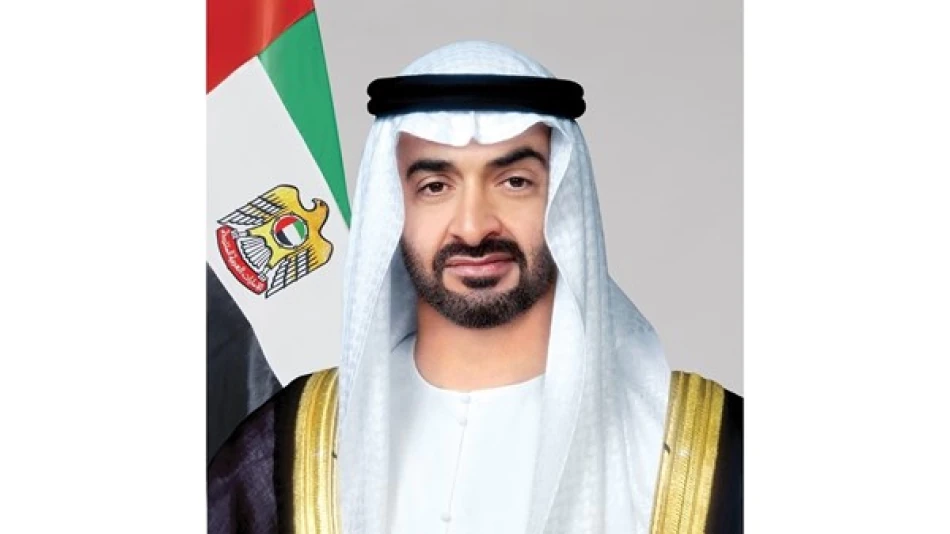
UAE President and Serbian Leader Witness Landmark Military Parade Celebrating National Unity
UAE President Attends Serbia's Military Parade, Signaling Deepening Balkans Partnership
UAE President Sheikh Mohamed bin Zayed Al Nahyan joined Serbian President Aleksandar Vučić at Serbia's national military parade celebrating "Unity, Freedom, and the Serbian Flag Day" in Belgrade, marking a significant diplomatic gesture that underscores the UAE's expanding influence in the Balkans and its strategic pivot toward non-aligned nations.
High-Profile Diplomatic Display in Belgrade
The UAE leader's presence at Serbia Palace for the military ceremony represents more than ceremonial diplomacy. Sheikh Mohamed bin Zayed was accompanied by a high-level delegation including Dubai Crown Prince Sheikh Hamdan bin Mohammed bin Rashid Al Maktoum, who also serves as Deputy Prime Minister and Defense Minister, signaling the strategic importance the UAE places on Serbian relations.
The parade showcased Serbia's military capabilities with displays of heavy machinery, advanced defense systems, river fleet vessels, air defense units, and paratroopers. A particularly striking moment featured a 300-meter Serbian flag displayed before the main viewing platform, emphasizing national pride and sovereignty—themes that resonate with the UAE's own approach to regional independence.
Strategic Implications for Regional Partnerships
UAE's Balkans Strategy
This visit reflects the UAE's broader strategy of building partnerships beyond traditional Middle Eastern alliances. Serbia, as a European nation maintaining neutrality in East-West tensions while balancing relationships with Russia, China, and the EU, offers the UAE a valuable partner in navigating complex geopolitical landscapes.
The timing is particularly significant as Serbia continues to resist Western pressure over sanctions against Russia, instead maintaining what Belgrade calls "military neutrality." This stance aligns with the UAE's own pragmatic approach to international relations, where economic interests often supersede ideological alignments.
Economic Opportunities
For investors and businesses, this diplomatic engagement signals potential opportunities in infrastructure, technology, and defense cooperation. The UAE has previously invested heavily in similar partnerships—from its economic zones in Africa to technology collaborations in Asia—suggesting that Serbian-UAE ties could yield concrete commercial outcomes.
Serbia's strategic location as a gateway between Europe and Asia, combined with its relatively stable economy and skilled workforce, makes it an attractive partner for UAE sovereign wealth funds and private enterprises looking to establish European footholds without navigating EU regulatory complexities.
Broader Geopolitical Context
Sheikh Mohamed bin Zayed's congratulations to President Vučić and his emphasis on "continued progress, stability, and prosperity" for Serbia carry deeper meaning in today's fractured international environment. Both nations have successfully maintained relationships across traditional divides—the UAE balancing ties with Iran and Israel, while Serbia manages relationships with NATO, Russia, and China simultaneously.
This approach mirrors successful strategies employed by Singapore and Switzerland, where small to medium-sized nations leverage neutrality and pragmatism to punch above their weight economically. The UAE-Serbia partnership could serve as a model for how nations can cooperate effectively despite different regional priorities and alliance structures.
The conclusion of Sheikh Mohamed bin Zayed's working visit to Serbia marks not just a diplomatic success, but potentially the beginning of a partnership that could reshape how Middle Eastern and European nations engage outside traditional frameworks—prioritizing mutual economic benefit over ideological alignment.
Most Viewed News

 Layla Al Mansoori
Layla Al Mansoori






